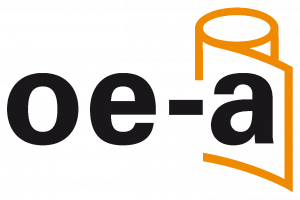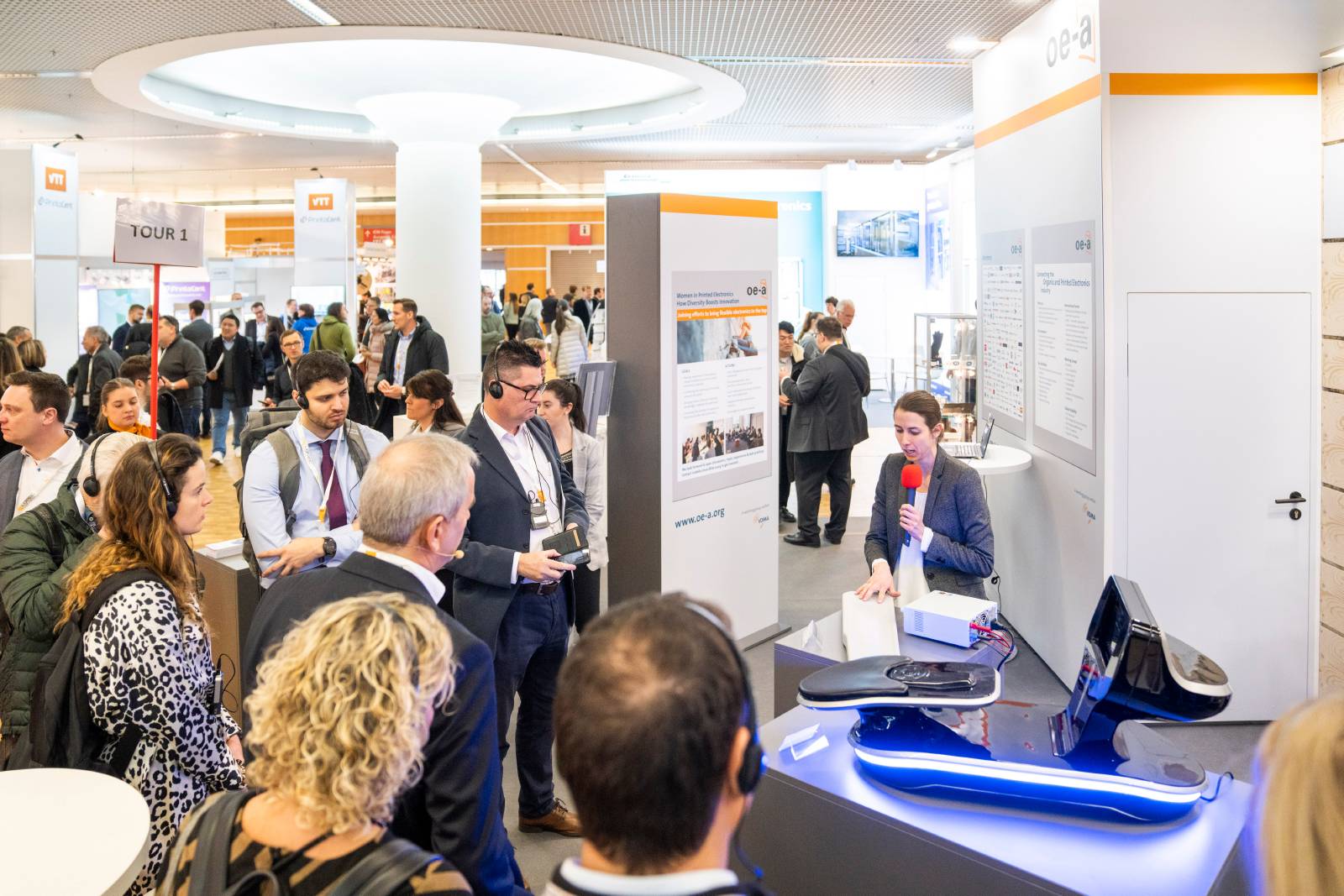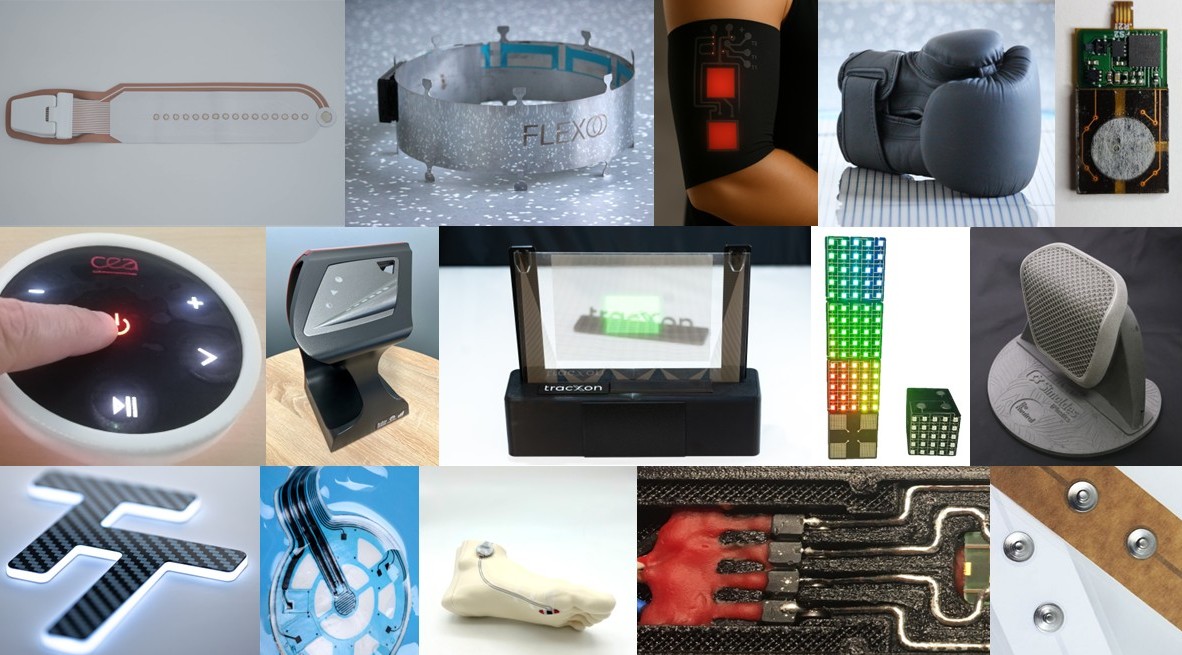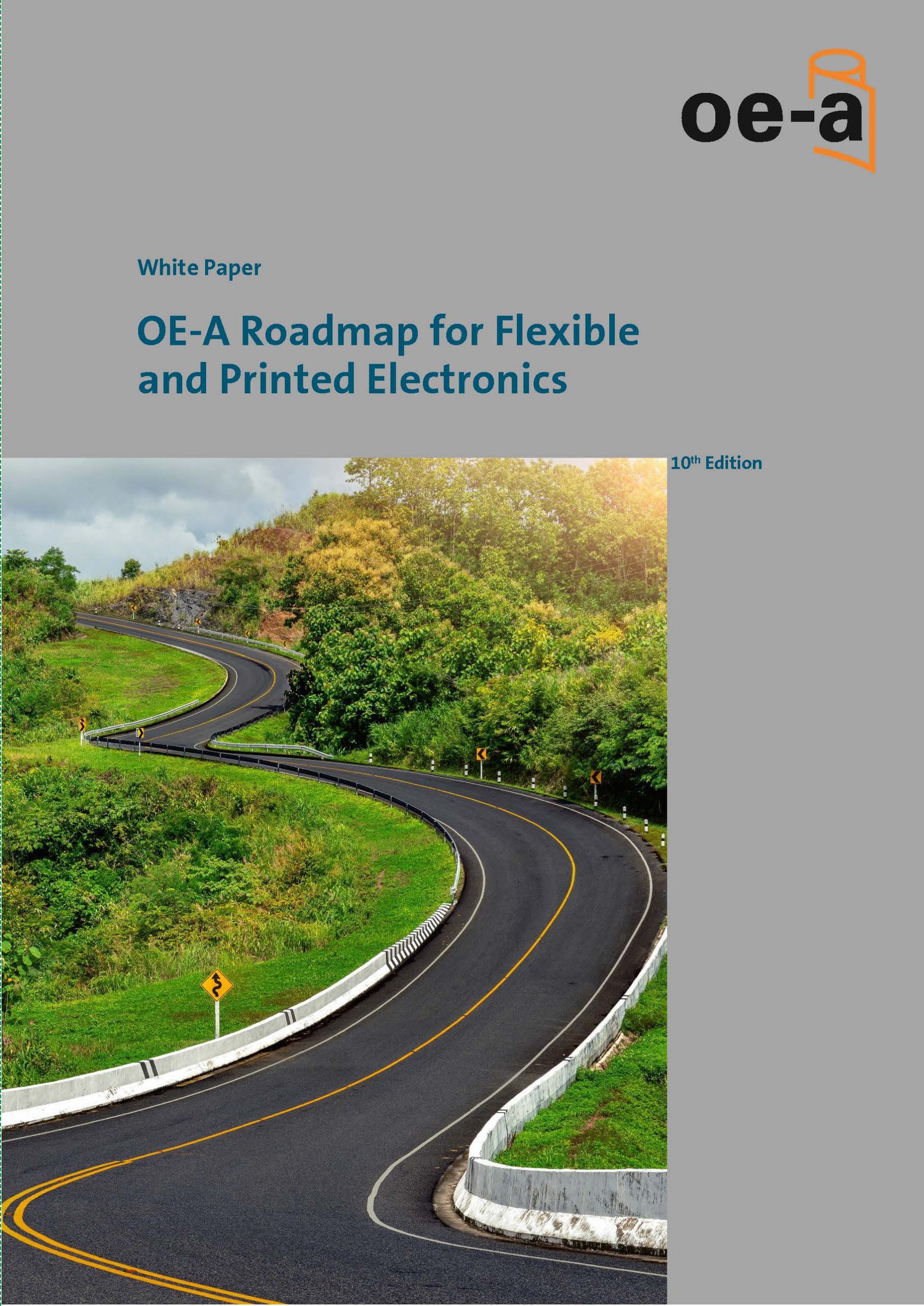
The OE-A Working Group Sustainability aims to identify and understand the sustainability benefits of organic and printed electronics technology, emphasizing its contribution to a sustainable future in an open dialogue with key stake holders, markets, regulators, and wider society.
OE-A Sustainability
As the organic and printed electronics industry moves into commercialization, the OE-A believes that sustainability is an increasingly important topic. It is critical that we examine our products and processes to identify how efficiently they are produced, how well we use the materials with which they are constructed, and how well they use power and other consumables when in operation. Finally, when these devices come to the end of their lifetime, we need to identify how they can be recycled or dealt with in a responsible, sustainable manner. Additionally, the OE-A aims to understand the key changes in regulations that will affect the industry in the short, medium and long term, and how they will harmonize with the benefits of organic and printed electronics. Moreover, the OE-A would like to provide the organic and printed electronics community with information, guidelines and methodologies that will allow members to understand the sustainability of their own products and processes.
Regulatory Framework

OE-A, together with its members, has set up a regulatory framework in order to make the printed electronics industry aware of international regulations and directives as well as standards in the areas of waste management and material use.
Sustainability Definition

Our comprehension of sustainability is based on the principles of economic success, fairness, respect & responsibility and includes the dimensions of society, ecology & economy. We comprehend sustainable action in terms of the definition of the Brundtland-report1 and the definitions of the German “Rat für Nachhaltige Entwicklung2“.
1 „Sustainable development meets the needs of the present without compromising the ability of future generations to meet their own needs.“ (Brundtland-report, 1987)
2 „Sustainable development means to consider ecological aspects equal to social and economic aspects. Therefore, sustainable economy means: For our children and grandchildren, we must leave behind us a sound ecological and economic structure.“ (Rat für Nachhaltige Entwicklung, 2001)
Henkel perspective on sustainability. An interview at OPE Journal
Driving sustainability beneath the surface

As part of the interview series with members of the OE-A Working Group Sustainability, OPE journal interviewed Carla Negele, Head of Product Development
Printed Electronics, and Melanie Wendrikat, Market Strategy Manager Printed Electronics at Henkel, on sustainability aspects of their company’s solutions.
You are interested in the OE-A Working Group Sustainability? Please contact:

Raswanth Sendhil Sasikala
Project Manager
Raswanth Sendhil Sasikala
Project Manager
Roadmap, Hybrid Systems, Fuel Cells
Encapsulation, Sustainability
+49 15121971604
raswanth.sendhilsasikala@oe-a.org





